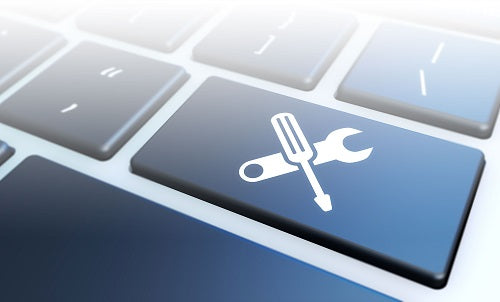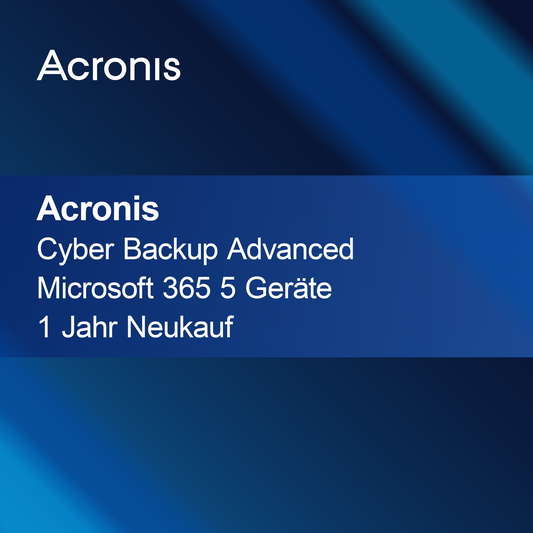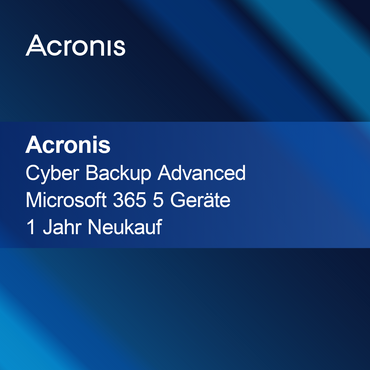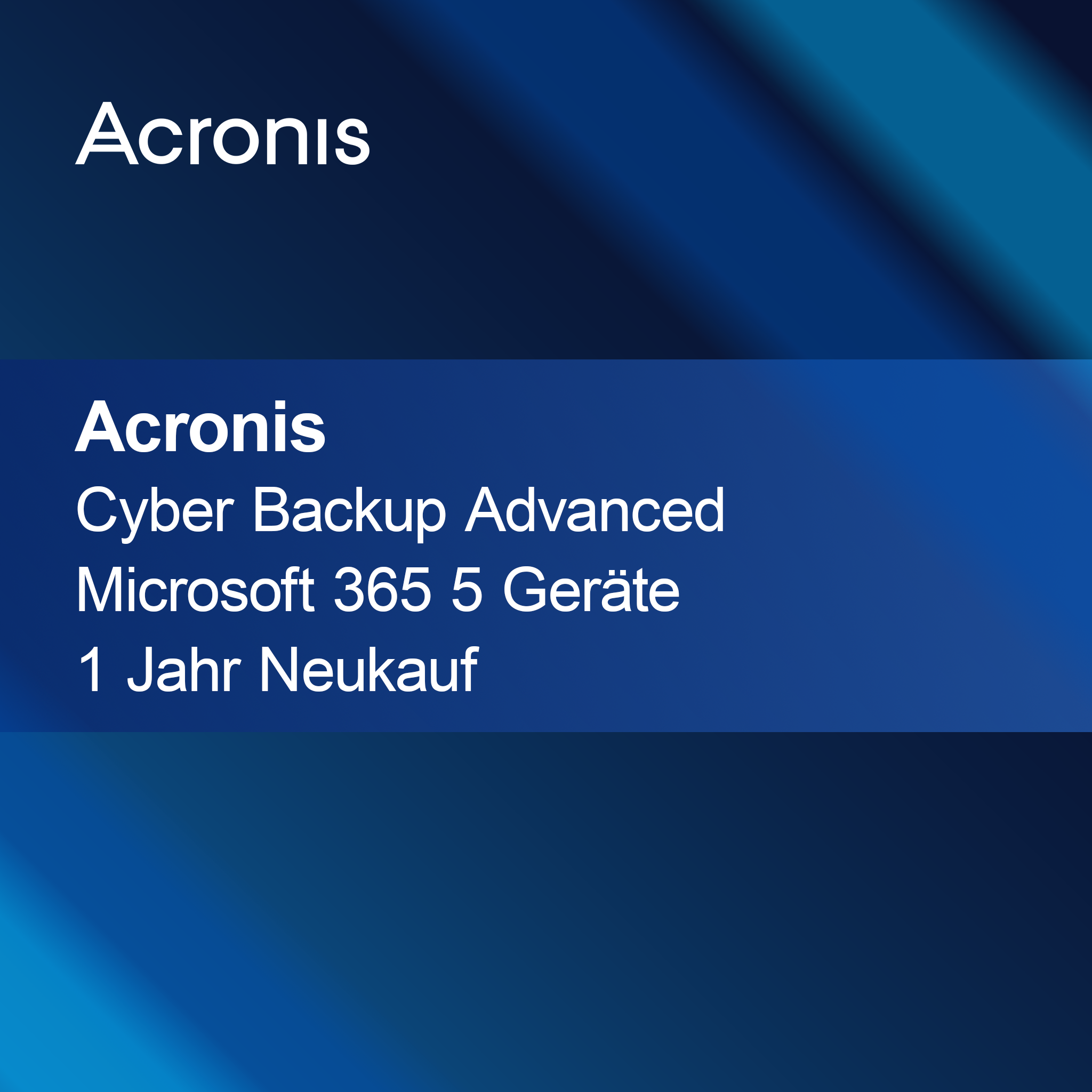No products found
Use fewer filters or remove all
Disk Management
What is disk management and why is it important?
Disk management refers to the organization and administration of data on your hard drive. It is crucial to ensure that your computer operates efficiently and that you can access your data at any time. Well-planned disk management helps to make optimal use of storage space, improve performance, and ensure the security of your data. By regularly managing your hard drive, you can avoid issues such as data loss or system slowdown.
What functions does disk management offer?
Disk management includes various functions that help you organize your data effectively. These include creating, deleting, and formatting partitions, monitoring storage space, and defragmenting disks. These functions allow you to optimize your system's performance and ensure that your data is safe and easily accessible. Regular maintenance can also help extend the lifespan of your hard drive.
How can I manage my hard drive?
To manage your hard drive, you can use various tools and software solutions that are integrated into most operating systems. These tools offer a user-friendly interface to create or modify partitions, analyze storage space, and defragment the hard drive. It is advisable to regularly back up your data before making changes to the disk structure to avoid data loss.
What should I consider when partitioning my hard drive?
When partitioning your hard drive, you should consider some important points. First, it is important to analyze the available storage space and decide how much space you need for different applications or data. Make sure to create the partitions so that they meet the requirements of your system. Incorrect partitioning can lead to data loss or inefficient use of storage space.
- Creating partitions for better data organization
- Defragmentation to improve hard drive speed
- Monitoring storage space to avoid shortages
How can I back up my hard drive?
Backing up your hard drive is an important step to avoid data loss. You can do this by using external hard drives, cloud storage, or special backup software solutions. It is advisable to perform regular backups, especially before major changes to the disk structure or before installing new software. A well-planned backup strategy ensures that your data can be quickly restored in case of a problem.
How can I tell if my hard drive is defective?
Signs of a defective hard drive can include slow loading times, frequent crashes, or unexpected error messages. If you hear unusual noises, such as knocking or grinding, this can also indicate a problem. It is important to take such symptoms seriously and perform a diagnosis immediately. Disk diagnostic tools can help you check the condition of your hard drive and, if necessary, take measures for data recovery.
What system requirements should be considered for disk management?
The system requirements for disk management depend on the software used. Generally, you need a current operating system as well as sufficient RAM and storage space to run the management software. Make sure your system meets the minimum requirements to ensure smooth use of the features. Regularly updating your system can also help optimize the performance of disk management.














